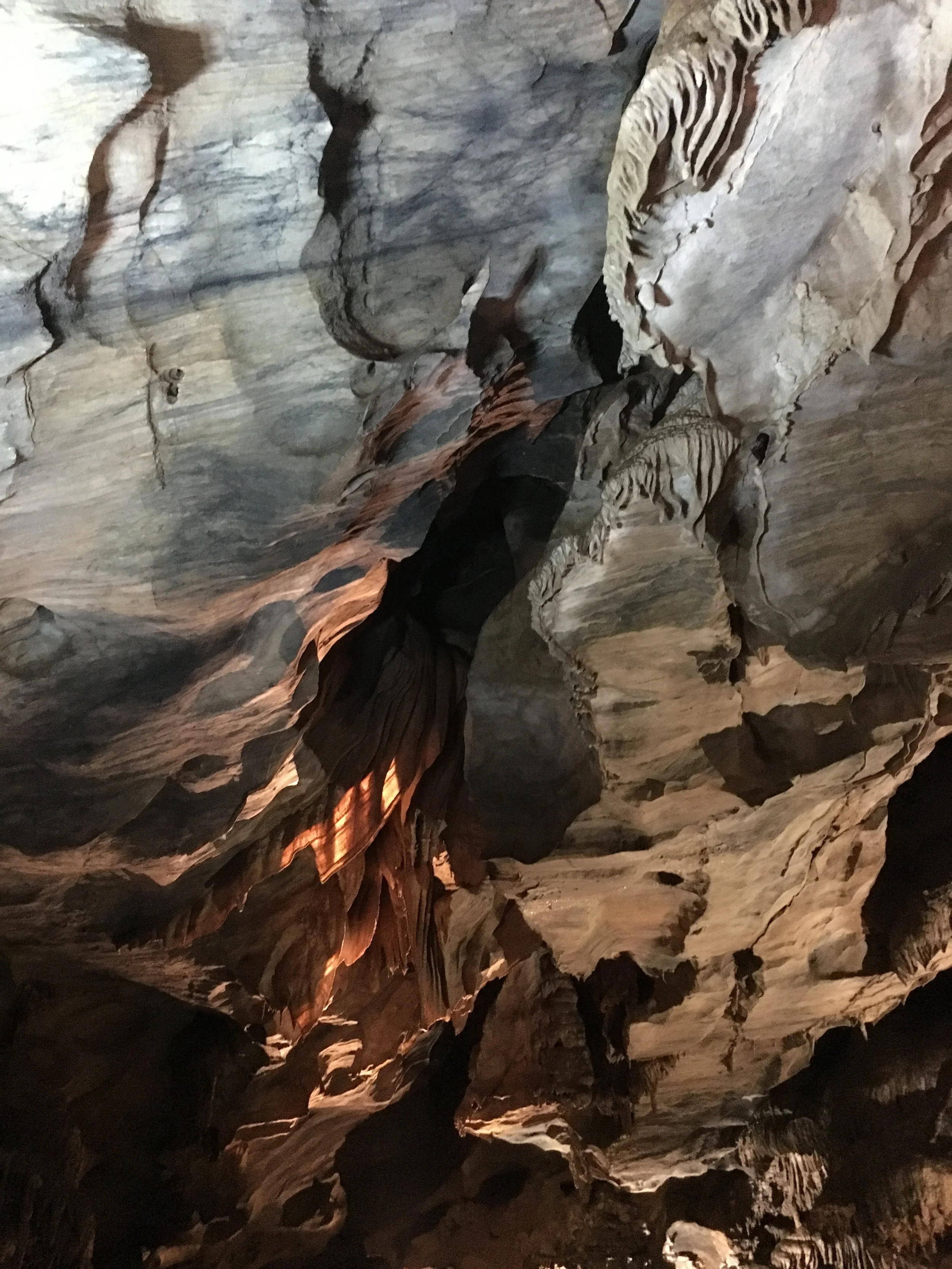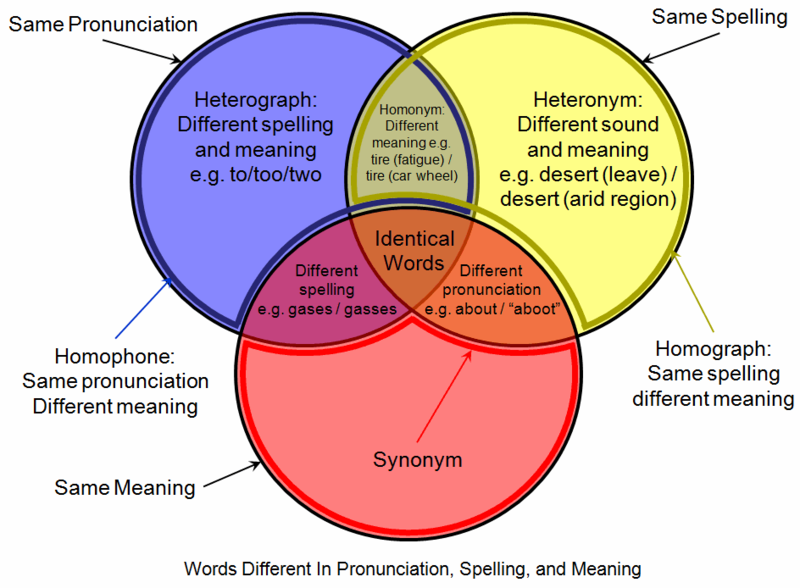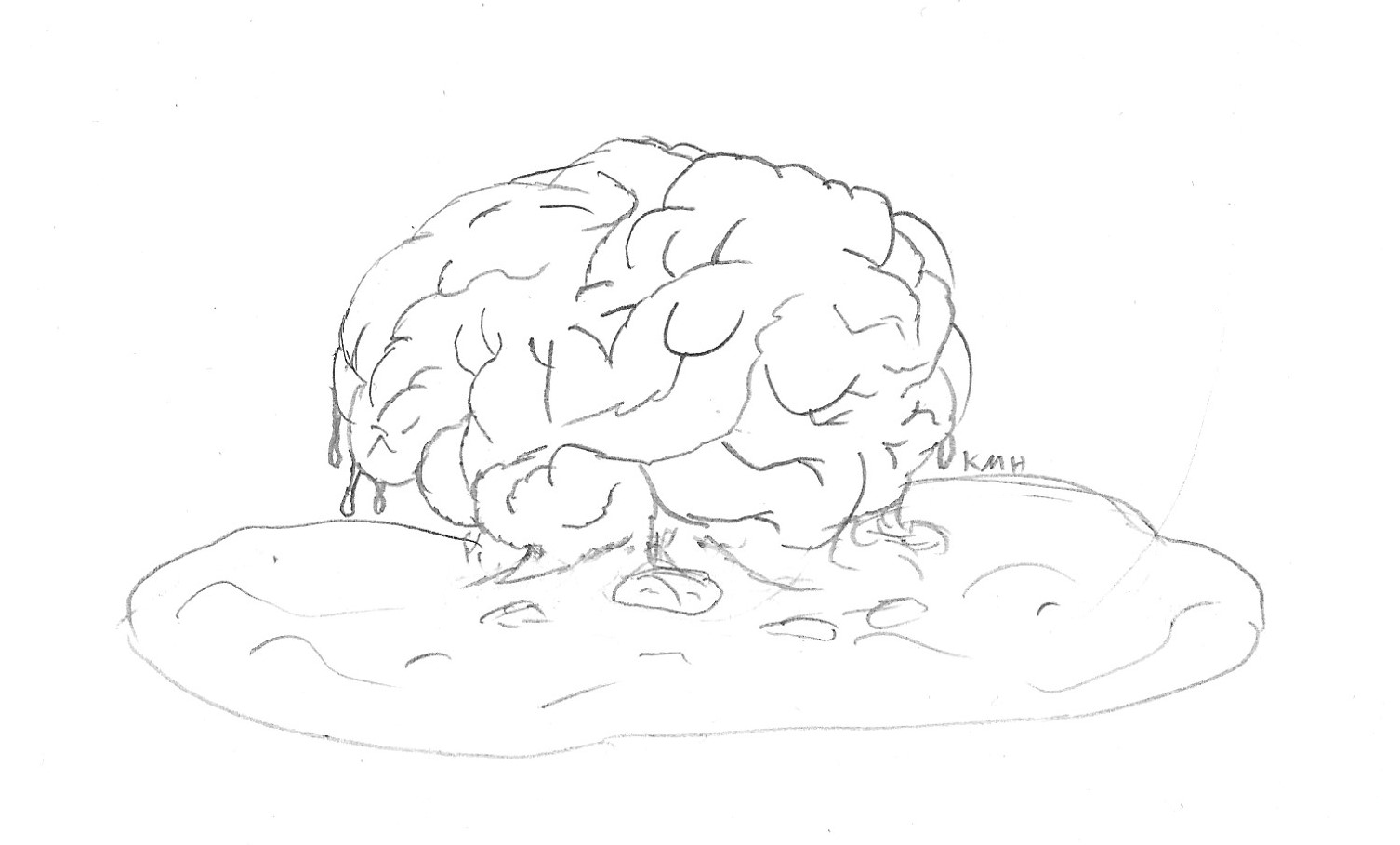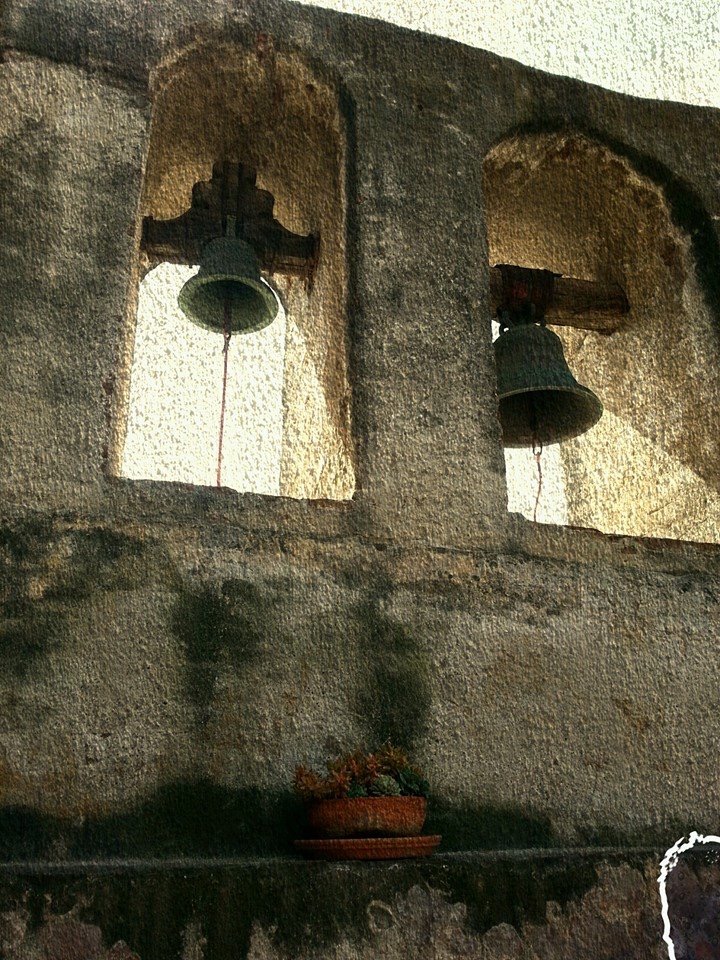I am so excited to be included in Moon Tide Press’s forthcoming horror-inspired anthology, Dark Ink!!!
Here is the anthology’s description from Moon Tide’s editor, Eric Morago:
This collection is a celebration of the fun and fright for everything that goes bump in the night...we have poetic takes on Frankenstein's monster and his bride, musings on zombies, Lovecraft-ian (is that a word?) love letters, metaphorical monsters (and Munsters), vampiric verses, and much, much more. If you are a fan of poetry or horror or BOTH, this is a book for you!
Featuring poems:
Robin Axworthy, Devon Balwit, Laurel Ann Bogen, Amanda J. Bradley, Derek D. Brown, Cathleen Calbert, Michael Cantin, Adrian Ernesto Cepeda, Sarah ChristianSher, Nicole Connolly, Scott Noon Creley, Alexis Rhone Fancher, Brian Fanelli, HanaLena Fennel, Michael C. Ford, Jerry Garcia, Michael Gravagno, Sonia Greenfield, Seth Halbeisen, LeAnne Hunt, Armine Iknadossian, Victor Infante, Jeanette Kelly, Ron Koertge, Elmast Kozloyan, Martin Ott, Pat M. Kuras, Zachary Locklin, Rick Lupert, Anthony Magistrale, Jennifer Martelli, Carrie McCay, Lincoln McElwee, Daniel McGinn, Ally McGreggor, Ryan McMasters, José Enrique Medina, R.S. Mengert, Ryan Meyer, Bill Mohr, Eric Morago, Elieen Murphy, Ashley Naftule, Robbi Nester, Martina Newberry, Terri Niccum, Andrew November, Jaimes Palacio, Alan Passman, Steve Ramirez, Lee Rossi, Jennifer Lee Rossman, Beth Ruscio, Jason Schneiderman, E.J. Schoenborn, Noel Sloboda, Rob Sturma, Richard Suplee, Ben Trigg, Alexandra Umlas, Charles Harper Webb, Ellen Webre, Aruni Wijesinghe, Nancy Lynée Woo, Jonothan Yungkans, Marinao Zaro
The official book launch is scheduled for Saturday, November 3rd at the Whittier Museum in Whittier, CA. We will have a horde of readers from the anthology share their poems and the work of others in the book. Copies will be available. Complimentary refreshments and food will be provided. It will be a good 'ole Monster Mash. SAVE THE DATE!
But, if you want to ensure yourself a copy and perhaps get it a little earlier once it's hot off the printing press in October and enjoy FREE shipping. You can pre-order the book by clicking on the link below:
Dark Ink: A Poetry Anthology Inspired by Horror Pre-Order with FREE SHIPPING
Also, please check our Facebook page and blog frequently for updates, sneak peaks at some of the poems, future scheduled readings, and release information!
We are very proud of this collection and are "dying" for you to see it!























